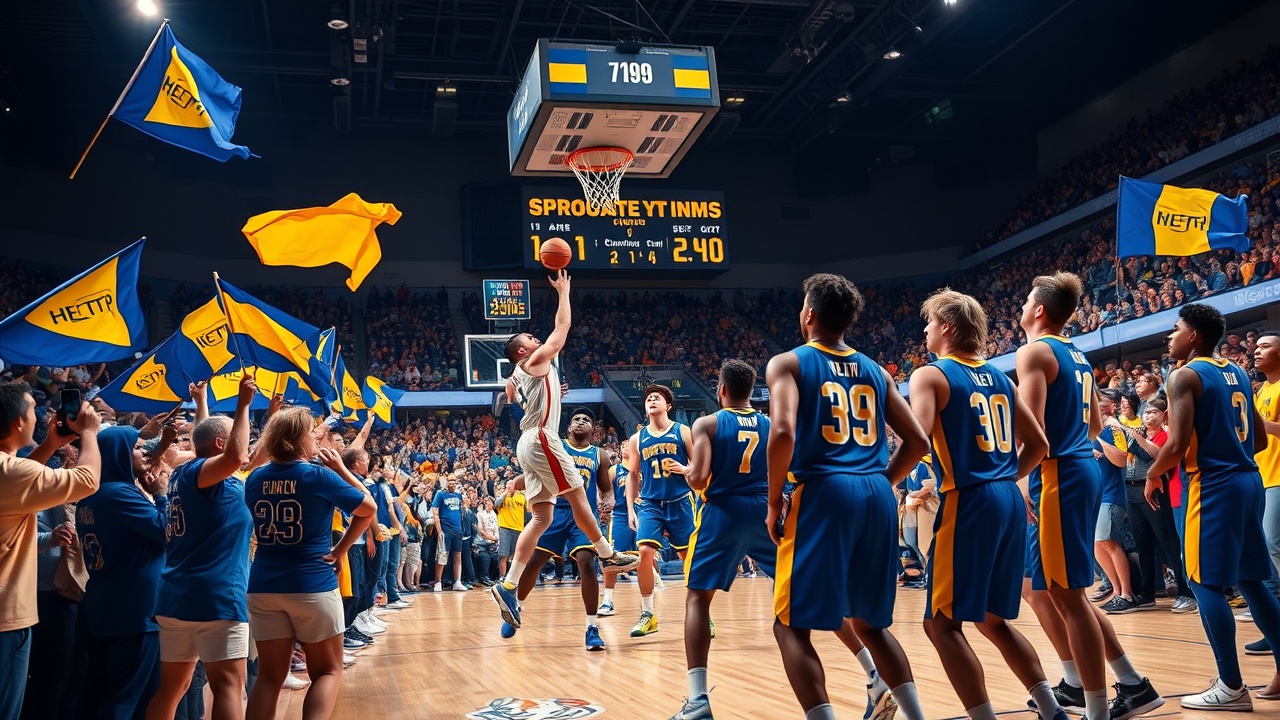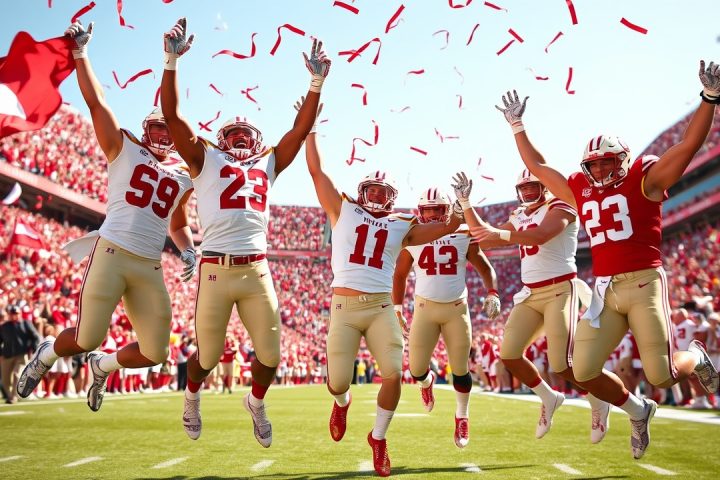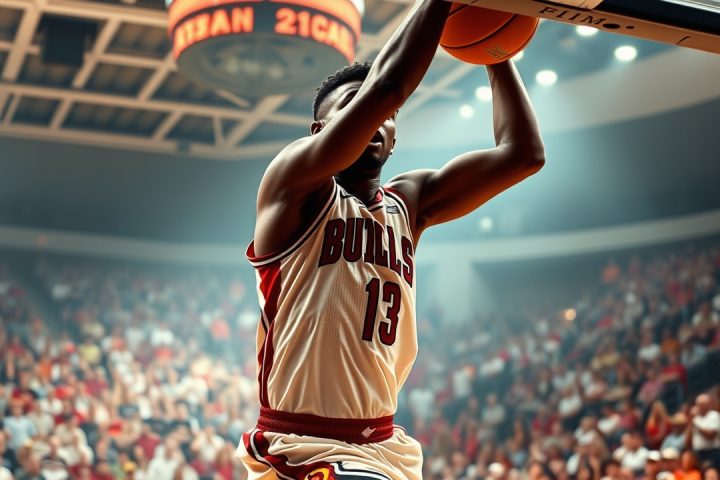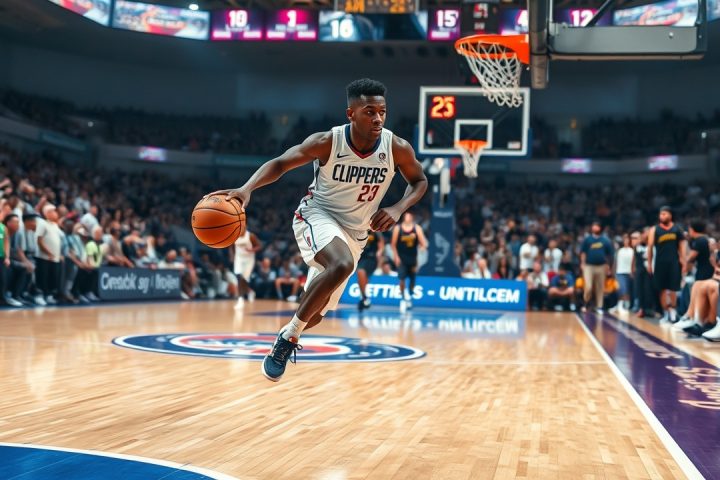Anticipation Builds for Game 7 of the NBA Finals
As anticipation builds for the crucial Game 7 of the NBA Finals this Sunday, a captivating conversation unfolded between Richard Deitsch, a sports media columnist for The Athletic, and Dan Shanoff, the outlet’s sports business editor. Their discussion zeroed in on the significant expectations placed not only on the competing teams but also on the NBA and its broadcasting partner, ESPN, to craft an unforgettable experience for fans.
The Essence of Game 7
Shanoff kicked off the dialogue with a nod to the iconic excitement surrounding a Game 7, stating that the phrase embodies the essence of sports. He pondered the level of accountability the NBA and ESPN carry in ensuring that the broadcast resonates with viewers. Deitsch agreed, referencing a historic moment from Al Michaels during ABC’s coverage of the legendary Miracle on Ice match, where he highlighted the intrinsic value of certain sporting events that require no embellishments. This sentiment perfectly encapsulates the allure of Game 7s, where anticipation is built into the very fabric of such pivotal playoff games.
Broadcasting Responsibilities and Expectations
Deitsch emphasized the responsibility of the broadcast team to convey the significance of the event. He suggested that ESPN should focus heavily on pregame coverage that references the last time a Game 7 occurred in the Finals to build excitement. Furthermore, he cautioned ESPN against overshadowing the actual game with their personalities, urging them to prioritize the match itself instead.
Commentary and Emotional Resonance
Addressing the announcing trio of Mike Breen, Doris Burke, and Richard Jefferson, Deitsch recognized they carry the mantle of delivering memorable play-by-play moments, akin to Breen’s renowned “Blocked by James!” call during the 2016 Finals. Notably, this trio brings a shared experience from that last Game 7, which should enrich their commentary. Deitsch remarked that the significance of their bond as a unit likely makes this their final time together calling a Finals game, adding a layer of emotional resonance.
Measuring Success and Viewer Engagement
In terms of measuring success for this broadcast, Deitsch voiced that a win for ESPN would mean viewers engage in conversations around the game rather than critiquing the presentation itself. The league’s recent adaptations like incorporating digitized Finals logos into the courts and reintroducing televised player intros—a long-absent tradition—indicate the NBA’s responsiveness to feedback. Deitsch asserted that these changes reflect a desire to create a spectacle. He drew a parallel to the excitement generated in professional wrestling, where entrances are crucial to building atmosphere.
Historical Context and Viewership Expectations
Historically, Game 7s possess a unique draw, evidenced by a notable spike in viewership compared to other games in the series. According to a report from Front Office Sports’ Colin Salao, the last four NBA Finals Game 7s experienced a 65% increase in viewership relative to earlier games, which could mean almost 20 million viewers tuning in this time. Although Deitsch didn’t expect this Game 7 to exceed the monumental 31 million viewers from the famed 2016 matchup between the Cavaliers and Warriors, his predictions estimated around 15 to 18 million viewers, attributing a smaller uplift in viewing habits to the series’ overall momentum.
Conclusion
Ultimately, the outlook appears fatally less grim, as the NBA and ESPN could escape with respectable viewership averages despite a potentially underwhelming series overall thanks to the climactic nature of a Game 7.




